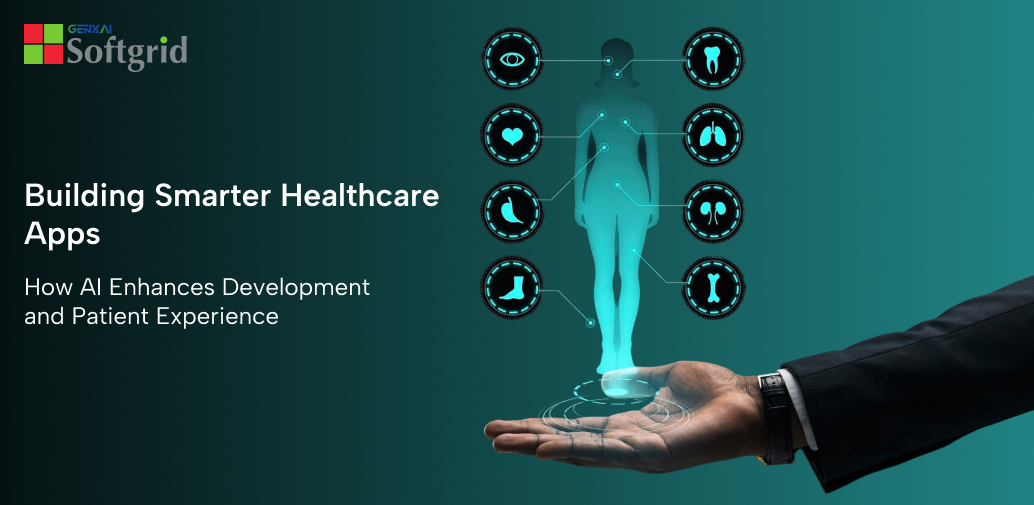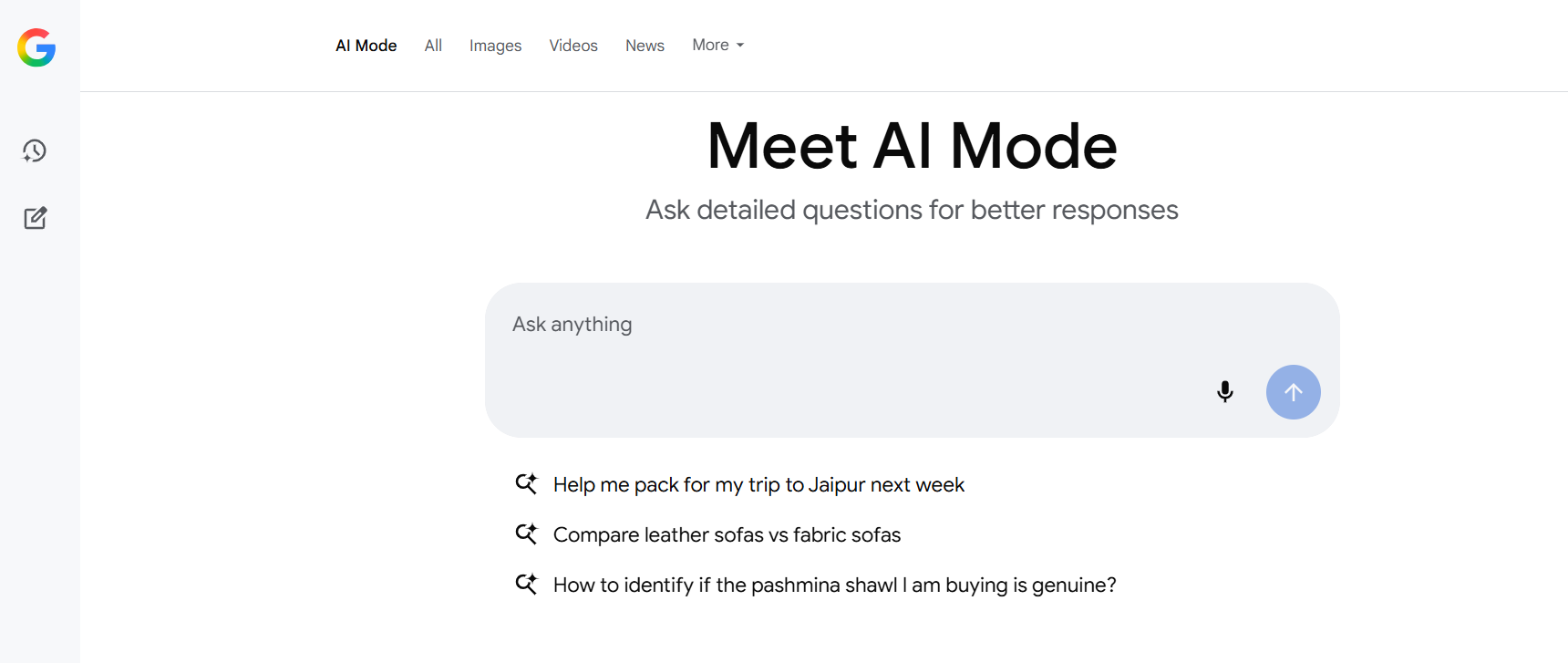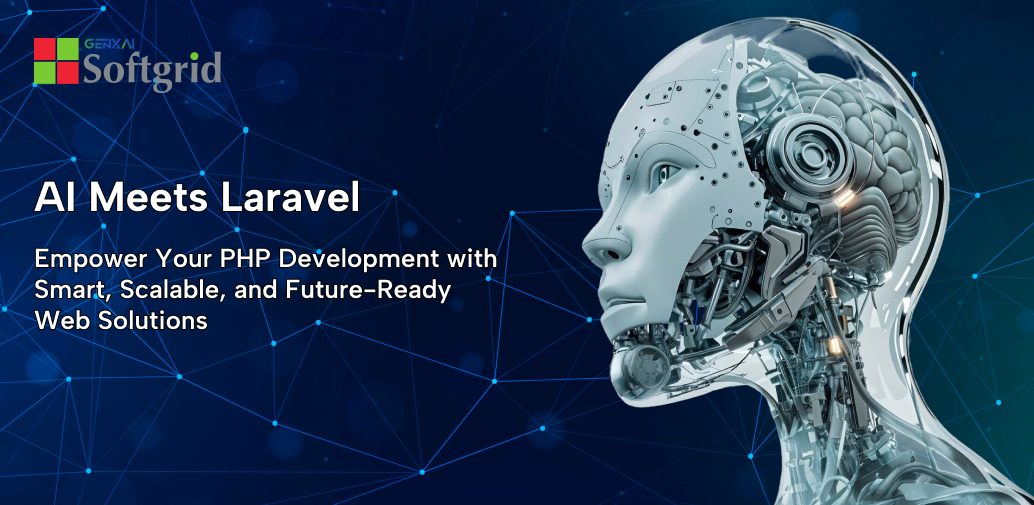It is quite amazing to think about how the deployment of technology has transformed the healthcare sector in the last century. It is an on-going process, and what seems cutting edge in healthcare service today may become obsolete within a decade or even faster. As a matter of fact, medicine took a giant leap with the introduction of X-rays. Thanks to radiology services, the doctors were finally able to have a glimpse inside the human body, with more clarity than ever before. It was quite revolutionary, and now you can find dedicated radiology departments in almost all hospitals and clinical establishments, worldwide.
The advent of AI ushers a new era in medical treatment
Over the years, the infiltration of digital technology has further transformed the healthcare sector. The doctors and clinical professionals rely on computers, advanced cloud-based applications and high-end devices for their work. You can find hundreds of clinical apps for booking medical appointments and checking health metrics etc. However, the nascent technology that is being touted as the next big thing in this sector is AI. Artificial intelligence can give the medical professionals the capacity to foresee upcoming changes and that can make things better for everyone involved. The healthcare sector technology experts and doctors are of the view the time has come to set up dedicated clinical AI departments, much like radiology setups.
In fact, you can think of radiology as a worthy precursor of AI, invented centuries ago. Deployment of AI in medical setups has started, but that is still in the early days. A handful of large healthcare setups are tapping the potential and carrying out experiments in isolated ways. Large scale AI deployment and presence of standalone AI departments will take things to the next level. For example, Machine learning algorithms can be trained to detect the development of tumors and things that may skip the eyes of veteran radiologists. Of course, the importance of radiology will not diminish. AI will complement the usage of advanced technologies used in the sector, such as CT scan or MRI.
How AI can help in enhancing treatment quality
The potential of AI in medicine is not only limited to radiology. If it is deployed in the right way, AI can serve the purpose of predictive analysis with amazing accuracy. AI tools are useful for predicting a vast range of medical outcomes. This can be useful in making the doctors decide on vital surgeries and operations. As medical setups deal with the gargantuan amount of patient data, the data is stored in the EHR system. The EHR applications are becoming more intrinsically linked with health care systems. So, logically, AI is set to become more accurate at predicting health risk of the patients under various situations.
AI is not limited to just the clinical data stored in the HER when it comes to predictive capabilities. It is useful in analyzing interrelated aspects like health behaviors, the physical environment and socioeconomic factors. However, clinical AI systems need external data for in-depth and more accurate analysis, for sure. It is not hard to access data pertaining to social determinants of health. The Government agencies have enough data on people that can give the experts look into relevant risk factors. Analyzing this data, it will be easier to figure out people who do not have access to healthy food and people coping with insufficient medical infrastructure and services.
When the external risk factors are linked with individual patients, Clinical AI becomes more useful and accurate at assessing possibilities. As it is, the doctors and surgeons rarely get access to such in-depth patient data. They go through previous test reports and medical history while dealing with the patients. Besides, patients may not understand the importance of external circumstances. Once again, deployment of AI can make the doctor see things he/she had no idea about. Thus, latent risk factors will emerge, paving the way for better diagnosis and treatment.
It would be wrong to think AI in healthcare is only good for predicting procedure success or risk factors. With a clear view of risk factors pertaining to the patents, the AI tools can come up with interventions and suggestions. The doctors can then utilize these inputs to reduce risk factors effectively. The doctors will still have the final say, but their workload will diminish. AI can serve as a reliable assistant, therefore.
How it will be the savior of the physicians
As the deployment of AI helps in reducing workload and stress on the clinical professionals, they will not have to cope with burnout much. This is a pressing issue affecting the sector. The doctors and surgeons work under immense pressure, and that takes a toll on their mental well-being in the long run. The pandemic has only made it worse.
Deploying dedicated clinical AI setups will help in reducing burnout in hospitals and clinics. The doctors get stressed as they have to deal with patients, and EHRs and time management becomes a hassle. Clinical AI systems will help in easing the pressure faced by the doctors. As these systems will tackle more administrative tasks, the physicians will be able to spend more time with the patients. This will keep them in better shape mentally, and they will be able to focus solely on diagnosis and treatment, rather than bureaucratic tasks.
Need for a dedicated AI section in clinical setups
Nearly all parties agree that AI deployment will help improve treatment quality and accuracy in healthcare setups. However, the reality is deploying AI is not a easy. It is not as simple as removing outdated software and installing a new version in its place! As of now, AI is nascent, and it is also evolving rapidly. There are a lot of factors that come into consideration prior to deployment. The physicians are not exactly the technology experts dealing with AI technology and tools. That is why it is prudent to set up clinical AI departments.
How to proceed?
Setting up clinical AI departments in medical setups is something that cannot be done overnight. It needs careful planning and proper execution. The focus must be on gathering and storing all relevant data for analysis. The data that will be used to help machine learning models have to be relevant. The AI tools will need a supply of unbiased and neutral data, pertaining to the targeted patients.
It is also important to keep in mind that clinical AI deployment will not be the same across diverse clinical setups. The clinics or hospitals will have to think of their patient population. They also need to have the resources needed for offering solutions and treatments, in sync with AI recommendations. If organizational strategies are missing, and there is a lack of right resources, clinical AI adoption will not cut much ice.
AI has a complementary role and is not a substitute for physicians
Even now, the concept of AI is not very clear in medical circles. That is a factor that is delaying its deployment in the healthcare segment, in a large scale way. It is wrong to believe that relying much on AI in a clinical perspective will lead to machines overtaking human role! No matter how advanced the AI tools become, the final say will be on the physicians. AI is best suited for use as a worthy clinical decision support tool. When it is dedicated, Clinical AI departments, training and enlightening clinical staff will be easier. This will make AI adoption smoother eventually.
The importance of coordination between clinical AI departments with other sections in clinical setups is and will be there. To let the AI section function properly, sync and coordination between all departments is a prerequisite. It will help in deploying preventive care. The utilization of relevant community health resources will help in evading avoidable hospitalizations. At least, it will be easier to reduce impact and after-effects of large scale clinical disasters.
What the future looks like?
The advent of Covid-19 vaccines has made many, both in the medical sector and outside, jubilant. However, the pandemic shook up life in a major way, and it kept the medical community on its toes for months. It is better if preventive mechanisms are in place to prevent the onset of such situations in the future. Clinical AI is a worthy weapon in this regard that needs some polishing and tweaking for implementation. If proper deployment takes place, it can do to the healthcare sector what x-ray did a century back.

 Web and Full Stack
Web and Full Stack CMS and Frameworks
CMS and Frameworks Online Marketing
Online Marketing Cloud Services
Cloud Services ECommerce
ECommerce Mobile
Mobile



